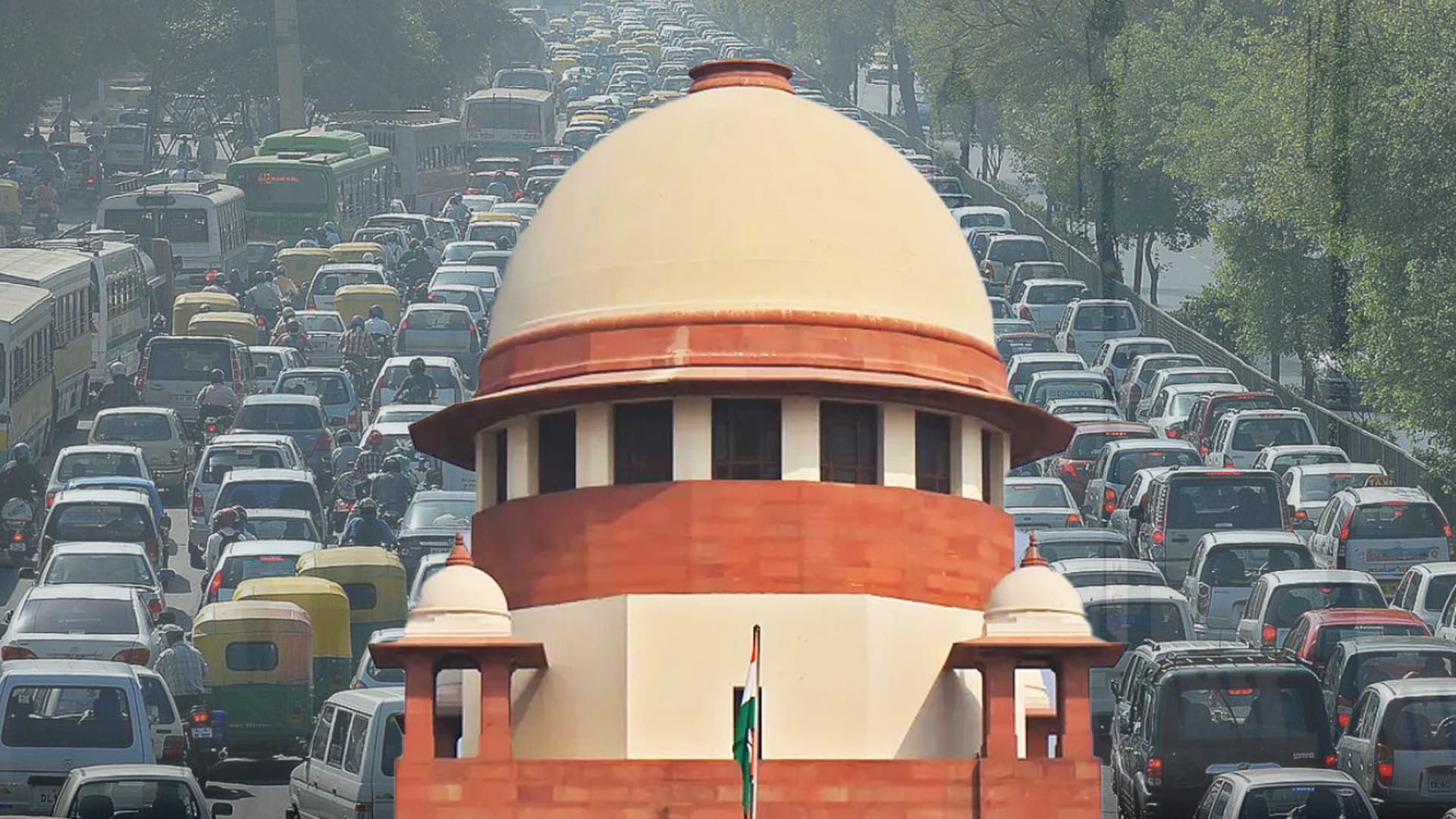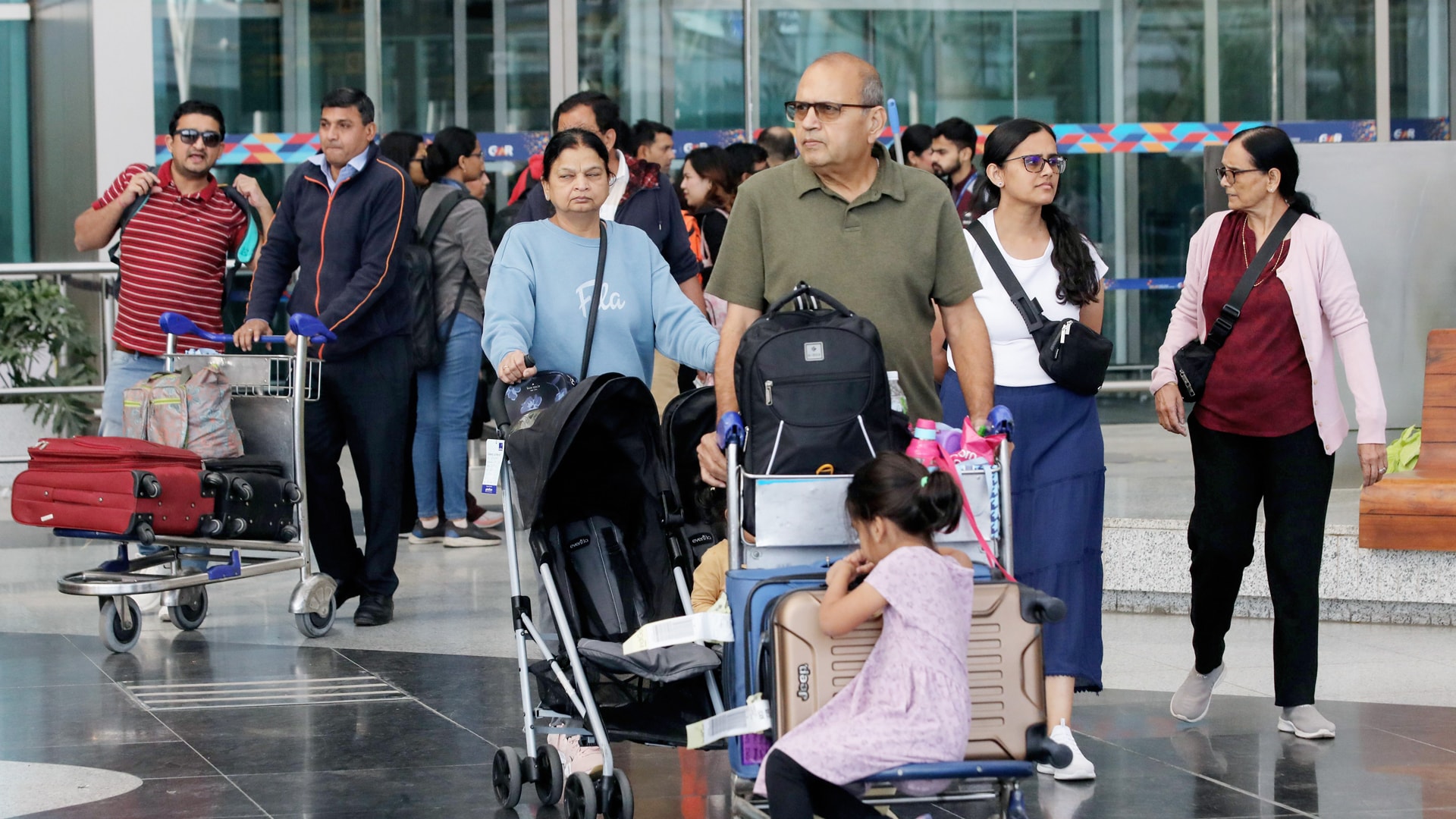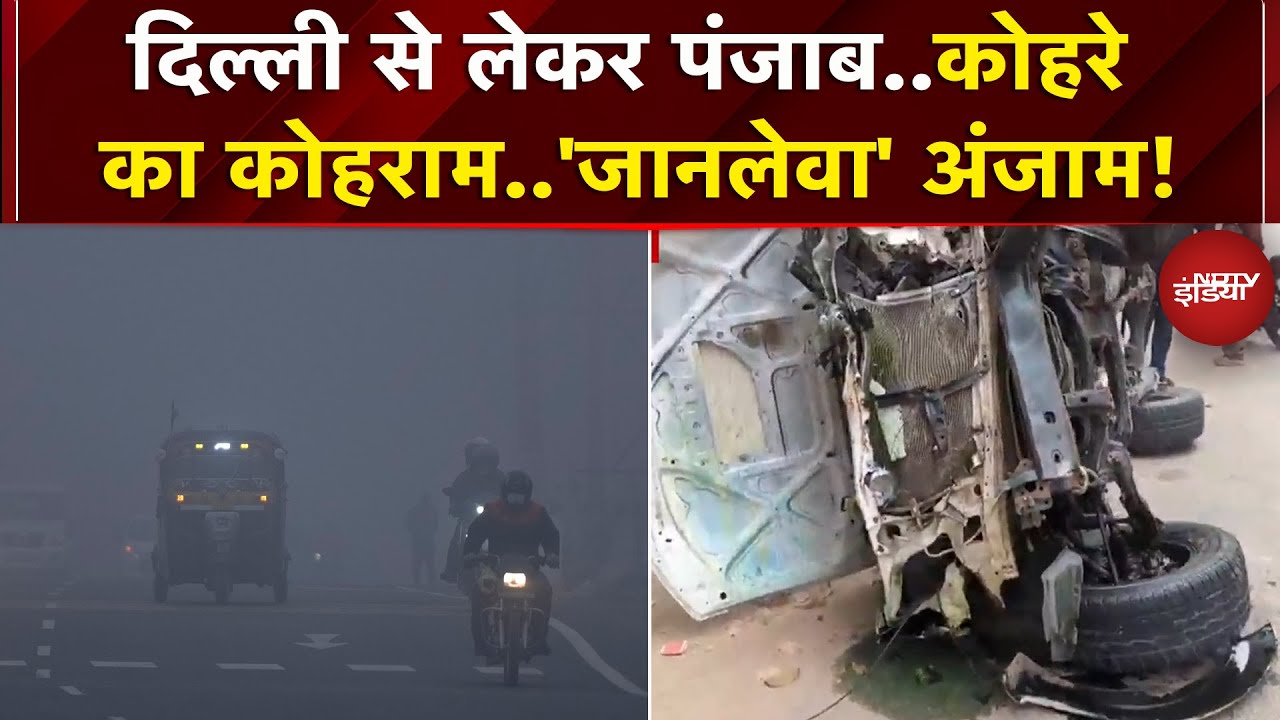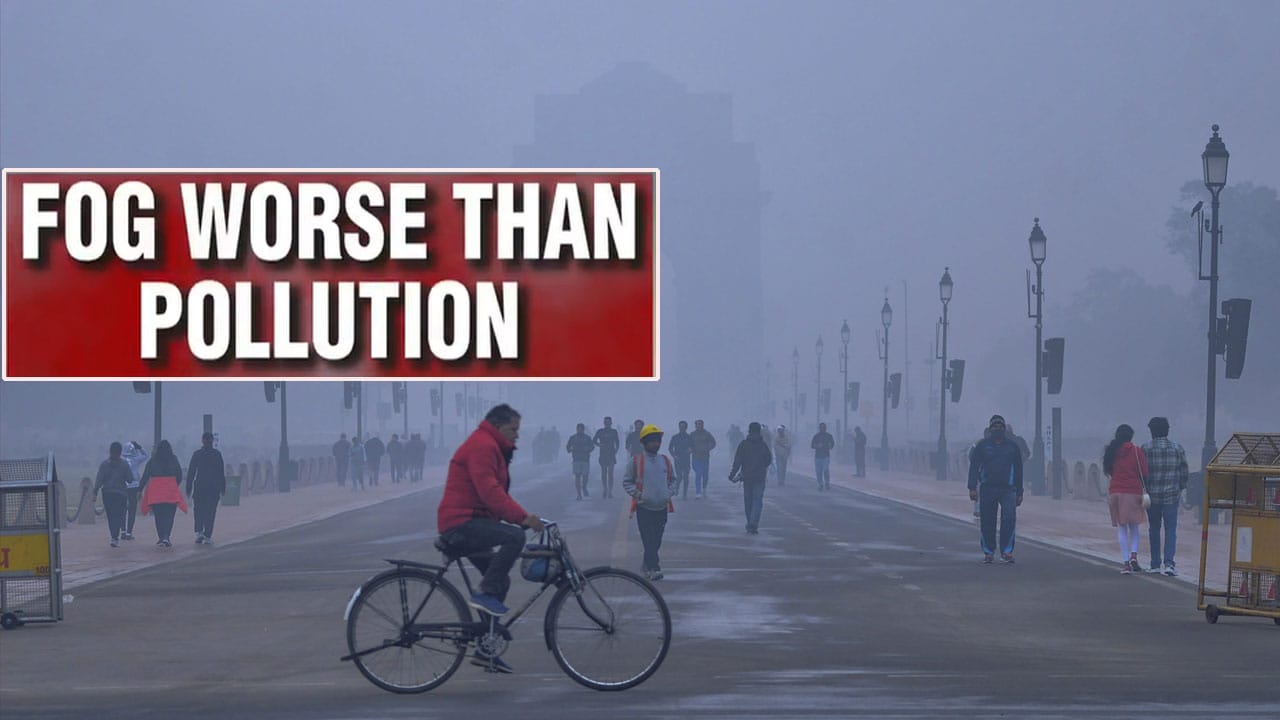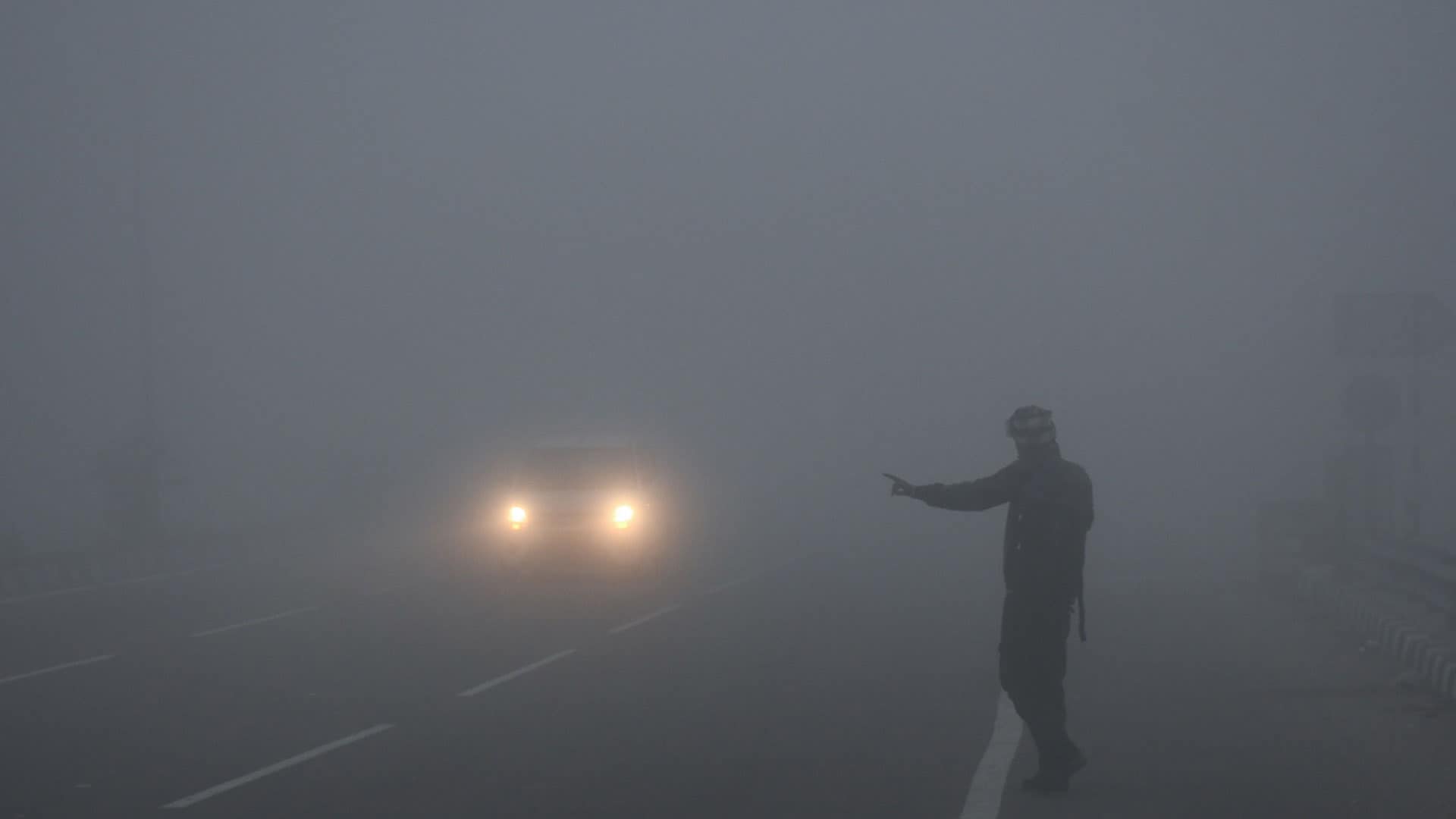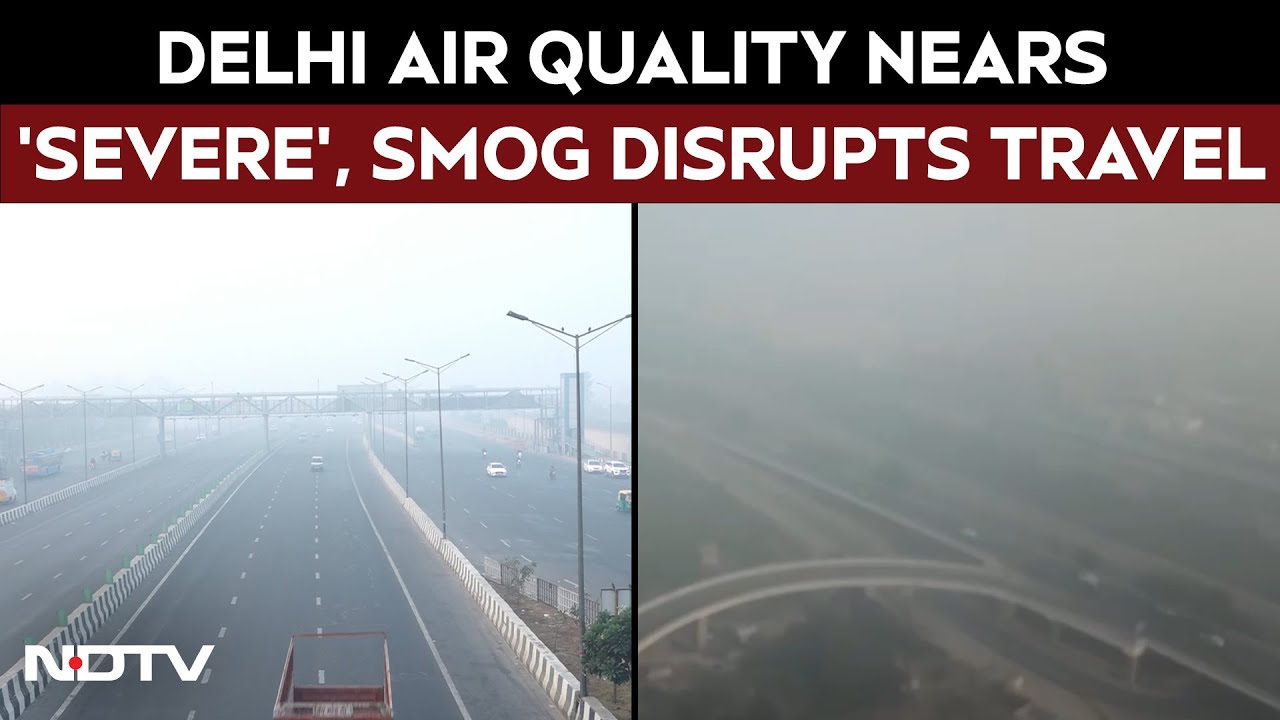- Home/
- World COPD Day: Understanding The Link Between COPD And Air Pollution
World COPD Day: Understanding The Link Between COPD And Air Pollution

Chronic obstructive pulmonary disease (COPD) is the third leading cause of death worldwide. According to the World Health Organisation, COPD caused 3.23 million deaths worldwide, and around 90% of those deaths were of people under 70 years of age and occurred in low and middle-income countries. Air pollution has a direct effect on COPD, with people experiencing symptoms of shortness of breath, cough, sputum, headaches and dryness on the face and throat almost instantly after being exposed to air pollution.
COPD is a group of progressive lung diseases that are common, preventable, and treatable. This is usually seen among patients above 35 to 40 years of age with or without smoking history and mostly among men though prevalence is increasing in women gradually. Most people with COPD have emphysema, a condition in which the alveoli (air sacs in the lungs) are destroyed by smoking. The air sacs weaken and eventually break, which reduces the surface area of the lungs and the amount of oxygen that can reach the bloodstream. Another condition that comes under the umbrella of COPD is Chronic bronchitis, in which the lining of the bronchial tube experiences inflammation. People who have bronchitis often have a persistent cough that brings up thick, discoloured or purulent sputum.. They may also experience wheezing, chest pain and shortness of breath.
COPD makes it harder to breathe. The symptoms may be mild at first, beginning with occasional coughing and shortness of breath. As it develops, symptoms become more constant, and it can become increasingly difficult to breathe. The person also experiences chest tightness, a lack of energy, swelling in the feet or ankles, and weight loss.
The causes of COPD can be linked to a number of factors, such as smoking, infections, family history, and other diseases like asthma. The main cause, however, remains long-term exposure to air pollution, toxic fumes, and other lung irritants. Indoor air pollution can also be a source of exposure to air contaminants, which are made up of multiple pollutants, including environmental or second-hand smoke and the combustion of solid fuels for home heating and cooking.
The disease can affect people in late 30s to old age with already existing chronic lung diseases like persistent Asthma. If these high risk people are exposed to air pollution for a long period of time, it can affect local immunity of their lung leading to repated infection and exacerbation of COPD. There's also evidence that children who grow up in highly polluted areas are more likely to develop asthma. Sometimes damage to the lungs is irreversible and can cause suffering for many years or even a lifetime which culminate in COPD in their middle age. It is not ideal to live in conditions of severe air pollution, and immediate efforts must be made to improve the situation.
(Dr. Davinder Kundra, Consultant Pulmonology, HCMCT Manipal Hospitals, Dwarka)
Disclaimer: The opinions expressed within this article are the personal opinions of the author. NDTV is not responsible for the accuracy, completeness, suitability, or validity of any information in this article. All information is provided on an as-is basis. The information, facts, or opinions appearing in the article do not reflect the views of NDTV and NDTV does not assume any responsibility or liability for the same.
Latest Stories
- Written by Shreya Goswami | Wednesday January 07, 2026
A study by Jawaharlal Nehru University finds that Delhi's polluted winter air carries high levels of antibiotic-resistant bacteria or superbugs far above safe limits, posing public health risks, especially for vulnerable groups and those with chronic
- Reported by Nupur Dogra | Tuesday January 06, 2026 , New Delhi
The Commission for Air Quality Management or CAQM, was strongly reprimanded by the Supreme Court today, which said the pollution body was not taking the issues raised by the court seriously.
- Written by Shreya Goswami | Tuesday January 06, 2026
Bronchial asthma often worsens in winter due to cold air, pollution and infections.
- Asian News International | Sunday January 04, 2026 , New Delhi
Delhi's air quality continued to remain in the 'poor' category on Sunday, with the national capital recording an overall Air Quality Index of 248, according to data from the CPCB.
- Press Trust of India | Sunday January 04, 2026 , New Delhi
As much as 65 per cent of Delhi's air pollution in 2025 originated from outside the city, mainly from other NCR districts, while local sources accounted for the remaining 35 per cent, a study said.
................................ Advertisement ................................
Latest Videos
Opinion
Blog | Well Done, Delhi. You've Turned Lung Sacrifice Into A Badge Of HonourSaikat Kumar Bose
Monday November 10, 2025Till some years back, Delhiites would ask angry questions to those in power about the capitals annual tryst with toxic air. This has changed. Those in the driving seat dont see the need to answer now.
Opinion | Why Indians Have Just Given Up On Air Pollution CrisisTanushree Ganguly
Friday December 20, 2024While some may argue that people in Delhi are now more aware of air pollution than they were a decade back, my rebuttal would be that awareness does not mean that people are concerned.
Opinion | You Must Outrage Over Filthy Air More Than Once A YearJyoti Pande Lavakare
Tuesday December 10, 2024Delhi welcomed us with monsoon rains and mangos. We were home. Fast forward a couple of years, in the winter of 2012, I found myself in denial about something other parents, mostly expats, were calling toxic air.
Opinion | Delhi's Air Pollution Situation Is Like A Bad MarriageNishtha Gautam
Friday November 22, 2024On a good day, such as today, the AQI reading in Delhi is 407. We are jubilant at the sickly sunshine trickling through the slightly dissipated smog. At least its not 1600.
दिवाली... पराली... सियासी जुगाली!Ashwini kumar
Monday November 18, 2024दिल्ली-एनसीआर में प्रदूषण का समाधान तो आज तक मिला नहीं. हर साल चिंतित होकर हम-आप सांसों की तकलीफ के साथ-साथ दिल और ब्लड प्रेशर के मरीज भी क्यों बनें?








